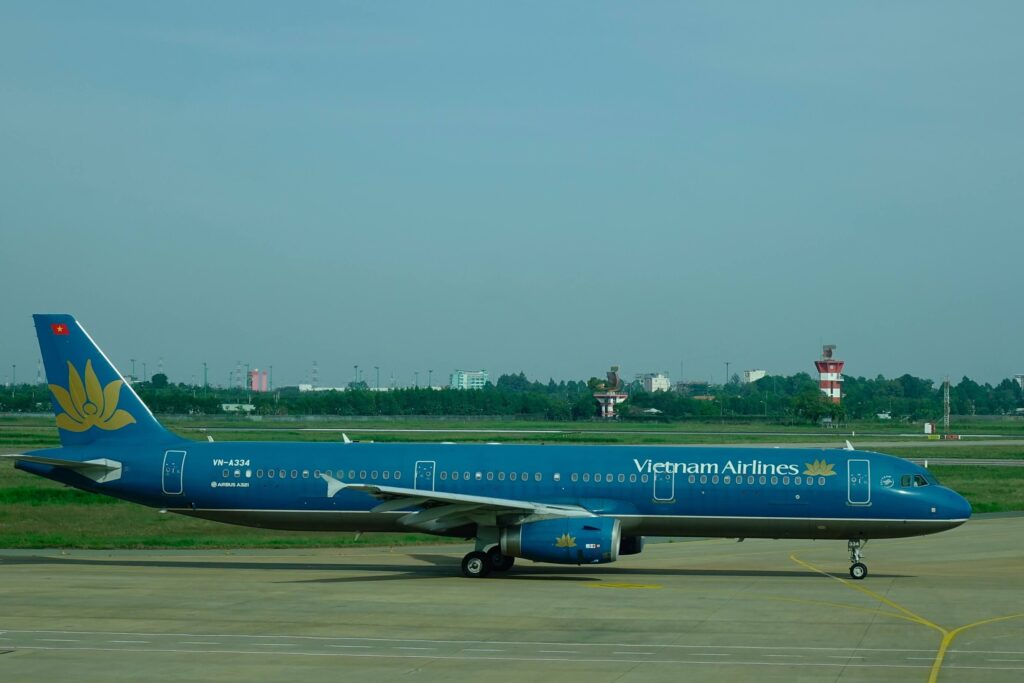The Civil Aviation Authority of Vietnam (CAAV) released an update for the directive which defines long-term aircraft storage and maintenance rules.
Vietnam tightens up aircraft storage rules
The Vietnamese regulator CAAV has further tightened the rules for keeping aircraft parked for extended periods of time. Now, under the updated directive, all air carriers, that seek to return aircraft to service after long-term storage, are asked to provide a detailed report on what maintenance tasks were completed on each plane while it was stored.
The new rule came into effect on June 21, 2021. Airlines whose aircraft were stored for no longer than a month must provide the CAAV information of performed maintenance services within 48 hours before the first flight. If an aircraft was stored for over a month, the operator must submit the necessary data within 72 hours before the takeoff.
As of June 24, 2021, 130 out of 215 aircraft operated by various Vietnam air carriers were grounded, Planespotters.com data shows. For instance, a Vietnamese leisure airline Bamboo Airways keeps 10 out of its 26 jets in storage. Pacific Airlines has parked 14 out of 17 jets, while its major competitor VietJet has grounded 52 out of 72 planes. The country’s flag carrier, Vietnam Airlines, has 54 out of 100 aircraft in storage.
A second attempt to secure stored aircraft safety
It is not the first time CAAV is concerned about the safety of stored aircraft. In January 2021, the authority issued a directive prohibiting airlines from storing their jets for more than a month. However, if carriers wanted to store aircraft for a longer period, they were required to obtain special approval from the regulator. Otherwise, Vietnamese carriers had to rotate between in-service and stored jets every month to avoid exceeding the one-month grounding limit.
The regulation for aircraft storage was implemented to reduce safety-related risks that might appear when the aircraft is stored for long periods. Authorities across the world have warned that jets that are put to long-term storage could showcase malfunctions following their re-activation.
The CAAV argues that once a plane is needed for service, it might be difficult for an airline to ensure that all necessary technical and support staff are available to perform needed checks.

